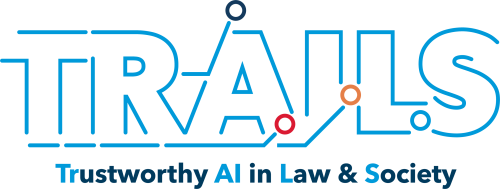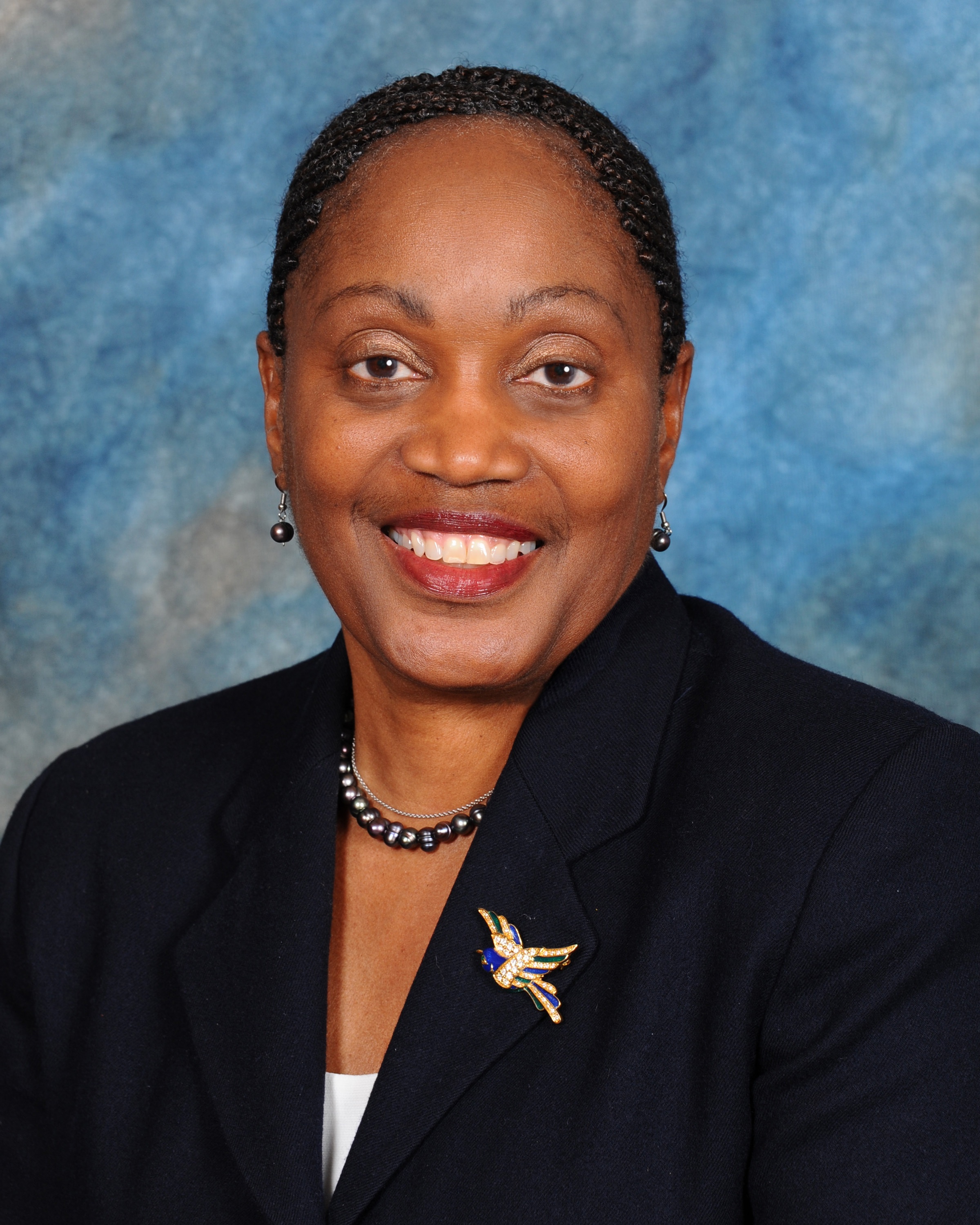Home
An interdisciplinary, problem-solving department
"We are at the forefront of addressing complex societal challenges through systems thinking. Addressing major issues such as climate change, public health, trustworthiness in artificial intelligence, critical infrastructure systems, innovation, privacy, and connectivity requires a systems approach. Working alongside policymakers and technology leaders, we are dedicated to creating and implementing complex adaptive solutions that improve decision-making and shape the world around us."
Ekundayo Shittu
Department Chair
Explore our cutting-edge interdisciplinary educational and research programs
Prospective Students
Developing skills for impact: We are one of the oldest and largest programs of our kind in the United States, offering undergraduate and graduate programs that combine engineering, management, business analytics and technology. We give you the skills necessary to deploy technology for impact.
Faculty and Research
The world is our lab: Faculty and students in the department work with partners throughout GW, across DC, and around the globe to conduct research that covers a wide array of sectors and topics. Meet our faculty and learn about our focus research areas.
News

Alumnus Gregory Lewis to Lead Corporate Strategy at Black & Veatch
February 24, 2026
Lewis brings over two decades of experience in consulting, corporate strategy, and operational leadership to his new role as Chief Strategy Officer at Black & Veatch.

Doctoral Student Stephanie Caporaletti to Chair Graduate Program at Johns Hopkins
February 5, 2026
Johns Hopkins University’s Applied Physics Laboratory announced that GW Engineering student Stephanie Caporaletti will chair its online Engineering Management program.

Helveston Skeptical of New U.S. Critical Mineral Stockpile Plan
February 3, 2026
Professor John Helveston is featured in the Global Times explaining why a $12 billion critical mineral stockpile won't easily end U.S. dependence on China.






